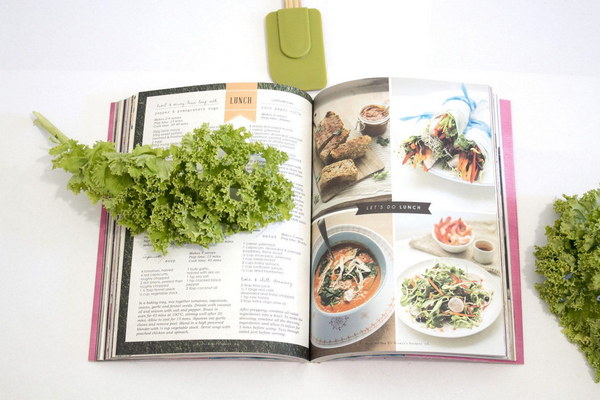Soothe Your Stomach with These TummyFriendly Herbs A Guide to Herbal Teas for Digestive Wellness
Embarking on a journey towards better digestive health, one might turn to the time-honored tradition of herbal teas. These natural potions, steeped in the wisdom of ancient civilizations, offer a soothing embrace for the stomach, alleviating discomfort and promoting overall well-being. In this article, we delve into the realm of tummy-friendly herbs, highlighting those that are best enjoyed when brewed and sipped as a warm, comforting beverage.
Chamomile Tea: The Calming Comforter
With its delicate floral aroma and golden hue, chamomile tea is a favorite among those seeking solace for an upset stomach. This herb, known for its anti-inflammatory and antispasmodic properties, can help to calm the digestive tract and reduce bloating and gas. Served hot, chamomile tea is an excellent bedtime option, as it also promotes relaxation and aids in sleep.
Peppermint Tea: The Minty Digestive Aid
The refreshing flavor of peppermint tea is a testament to its digestive prowess. Peppermint is renowned for its ability to relax the smooth muscles of the digestive system, easing symptoms of irritable bowel syndrome (IBS) and reducing bloating and abdominal pain. Whether enjoyed as a soothing cup after a heavy meal or as a preventive measure before eating, peppermint tea is a delightful addition to any tummy-friendly regimen.
Ginger Tea: The Spice of Digestive Relief
Ginger, a fragrant and pungent spice, has been used for centuries to aid digestion. Its active compounds, gingerols and shogaols, work to stimulate the digestive juices, improve bile flow, and reduce inflammation. Sipping on a warm cup of ginger tea can be particularly beneficial for those with nausea or motion sickness, as well as those suffering from bloating and indigestion.
Fennel Tea: The Carrot Seed's Digestive Ally
Fennel, with its sweet and licorice-like taste, is a lesser-known herb that can provide significant digestive benefits. Fennel seeds contain volatile oils that help to relax the muscles of the digestive tract and reduce symptoms of gas, bloating, and flatulence. A cup of fennel tea is a simple yet effective way to support a healthy digestive system.
Lemon Balm Tea: The Gentle Soother
Lemon balm, with its lemony scent and gentle flavor, is another herb that can soothe an upset stomach. This member of the mint family is known for its calming properties, which can help to reduce anxiety and stress, both of which are known to exacerbate digestive issues. Lemon balm tea is a refreshing and invigorating option, perfect for sipping throughout the day.
How to Brew the Perfect Tummy-Friendly Tea
To maximize the benefits of these herbs, it's important to brew them properly. Here's a basic guide to preparing your cup of tummy-friendly tea:

1. Use fresh, organic herbs whenever possible.
2. Boil water and let it cool slightly before steeping the herbs.
3. Place a teaspoon of dried herbs in a tea bag or a cup.
4. Pour the hot water over the herbs and let them steep for 5-10 minutes.
5. Remove the tea bag or strain the herbs from the water.
6. Sweeten with honey or lemon, if desired.
Remember: Consult a Healthcare Professional
While herbal teas can be a delightful addition to your digestive health routine, it's always wise to consult with a healthcare professional before starting any new treatment. Certain herbs may interact with medications or have contraindications for specific health conditions.
In conclusion, the art of brewing and sipping tummy-friendly herbal teas offers a natural and enjoyable way to support digestive wellness. With a variety of herbs to choose from, you can tailor your tea to suit your personal preferences and specific needs, creating a soothing ritual that brings comfort to your stomach and peace to your mind.









